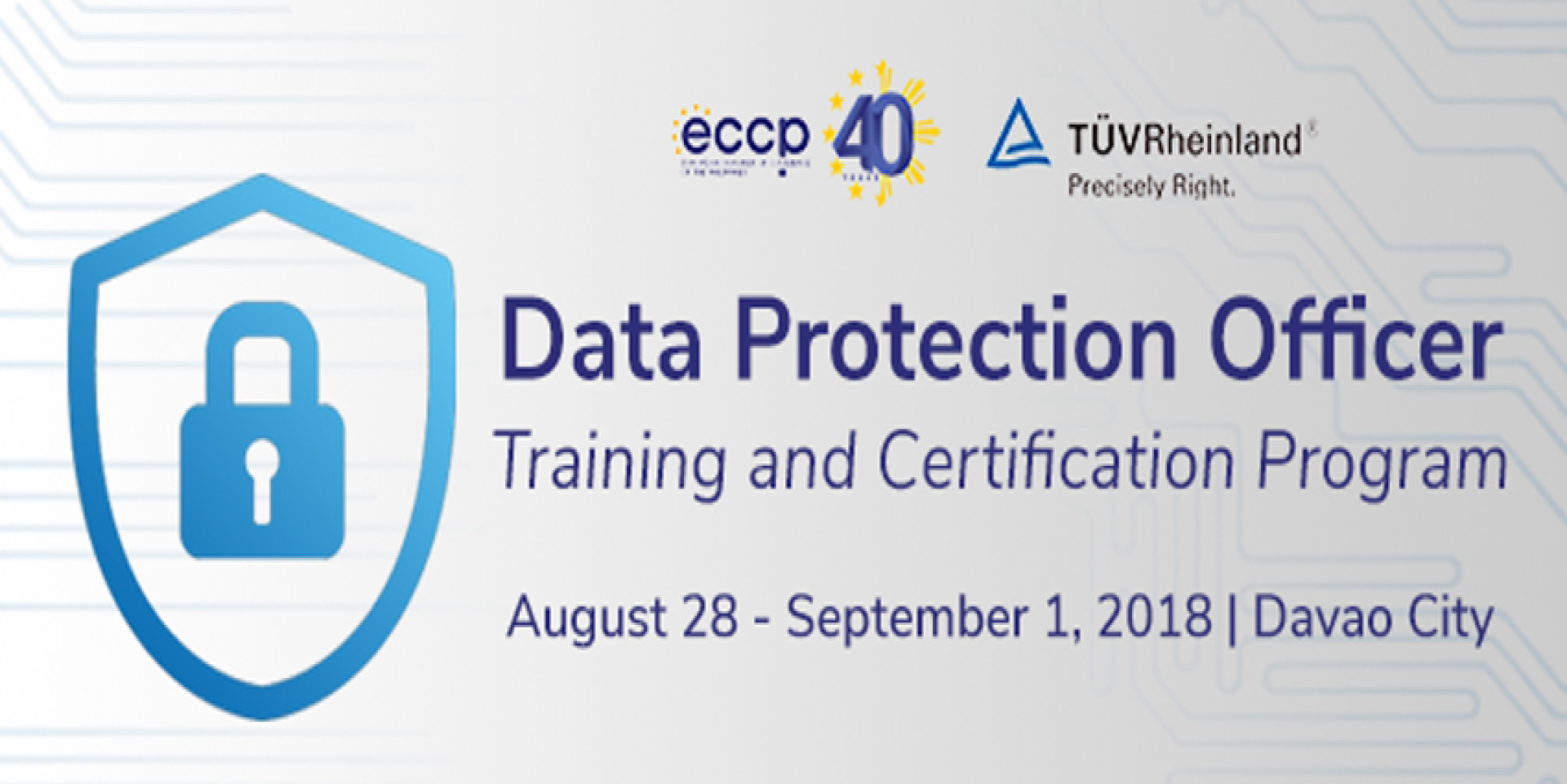
Data Protection Officer Training and Certification
WHY APPOINT A DPO?
Appointing a Data Protection Officer (DPO) is a legal requirement for personal information controllers (PICs) and personal information processors (PIPs), under the Data Privacy Act of 2012.
Apart from complying with the legal obligation, having a DPO will do your organization a lot of good. In this information age, where personal data serve as building blocks of any organization, assigning a focal person to ensure the protection of your personal data collection and processing is a must. A DPO increases your chance to remain competitive in the dynamic global landscape of data protection. At the same time, it improves your customer service and enhances your responsiveness to growing public awareness and regard for personal data protection.
THE DATA PRIVACY ACT OF 2012 is a 21st century law to address 21st century crimes and concerns. It (1) protects the privacy of individuals while ensuring free flow of information to promote innovation and growth; (2) regulates the collection, recording, organization, storage, updating or modification, retrieval, consultation, use, consolidation, blocking, erasure or destruction of personal data; and (3) ensures that the Philippines complies with international standards set for data protection through National Privacy Commission (NPC).
Source: National Privacy CommissionCOURSE OUTLINE
- Orientation Overview of RA 10173
- IRR Compliance Roadmap
- Breach Management; Privacy Governance
- Review of NPC C. 16-03 & 16-04 and A. 17-01
- Recap of Day 1
- Review of NPC A. 17-03 and ISO/IEC 29134;
- PDPF, PDI, and Risk Map
- Data Protection Considerations
- Review of C. 16-01 and ISO/IEC 27001/27002
- Recap of day 2
- Application of Processing Principles;
- NPC Registration Requirements
- 3rd Party Agreements
- NPC C. 16-02
- Recap of day 3
- Building a Privacy Notice
- Action Planning Considerations
- Review of ISO/IEC 29190
- Introduction to International / External Compliance Standards
- (IAPP, GDPR, APEC-CBPR)
- Recap on day 4
- Management Presentations: Privacy Briefing
- Briefing on Next Steps in Personal Dev (e.g. as DPA Auditor, CIPM)
- Review and certification exam



